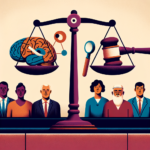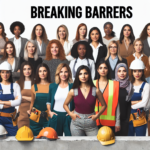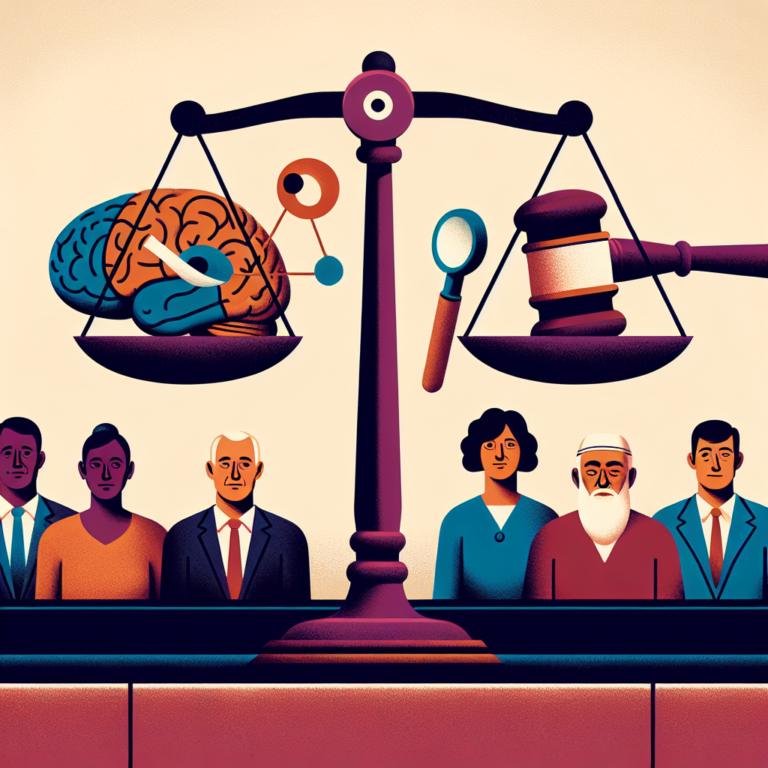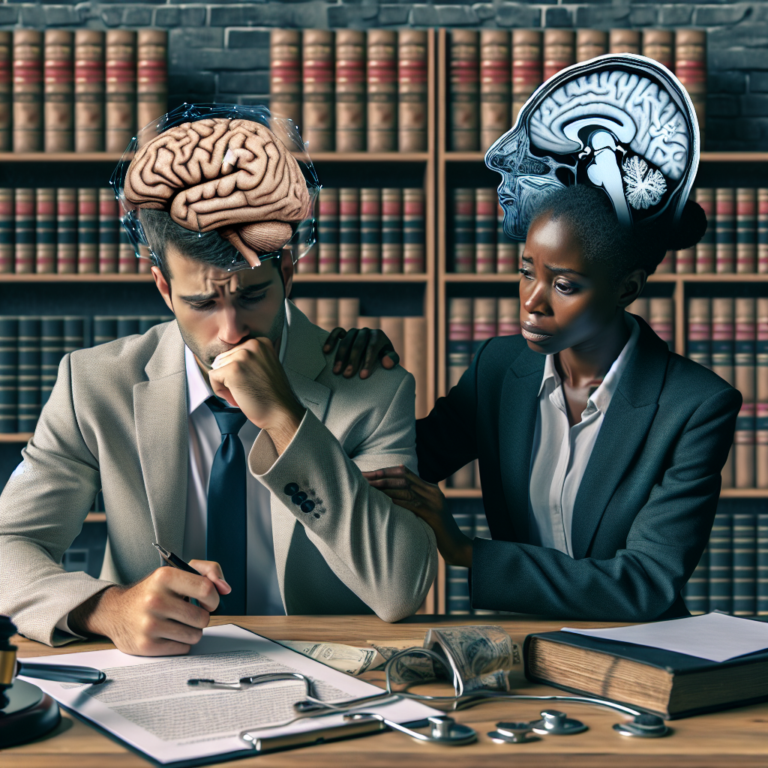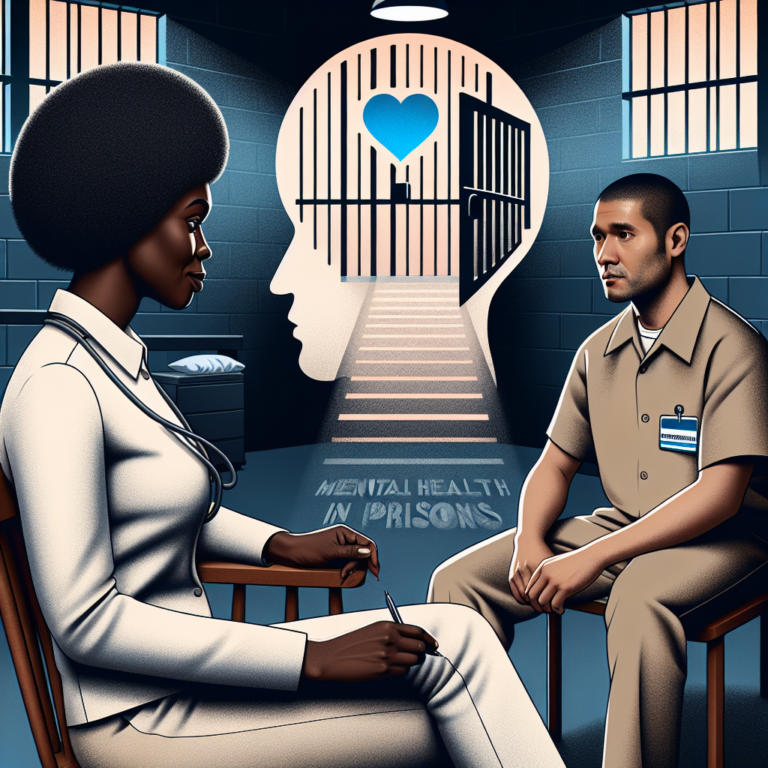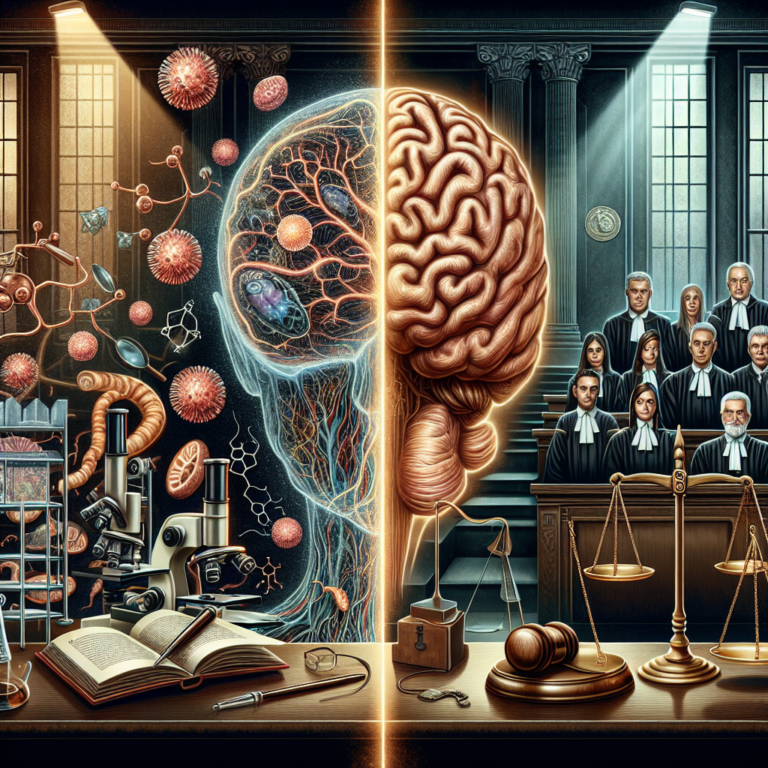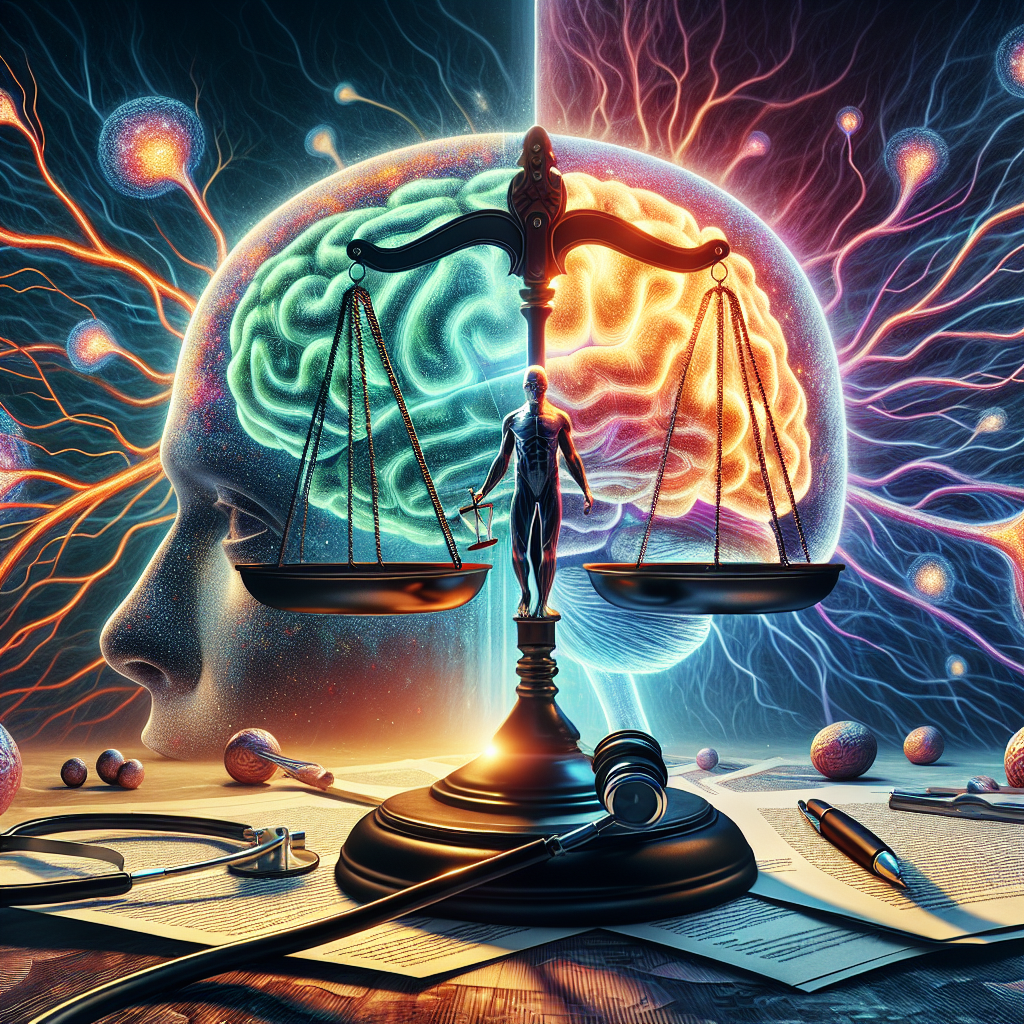
Introduction
Imagine a moment that changes everything—a sports accident, a fall from a ladder, or a car collision. The aftermath not only shakes a person’s world but can also lead to legal battles that can last for years. At the center of these disputes lies a crucial yet often underappreciated element: medical expertise. Understanding The Role of Medical Expertise in Brain Injury Legal Battles is essential, as it not only determines the outcome of legal cases but also significantly impacts victims’ lives and their families.
In this extensive exploration, we’ll delve into the intricate relationship between medical knowledge and the legal system surrounding brain injuries. Through case studies, expert insights, and actionable takeaways, you will discover how medical professionals serve as indispensable actors in this arena.
Understanding Brain Injuries
1. What Constitutes a Brain Injury?
Brain injuries can be classified into two primary categories:
- Traumatic Brain Injury (TBI): This occurs due to an external force impacting the head, resulting in symptoms like confusion, memory loss, or loss of consciousness.
- Acquired Brain Injury: This type occurs due to diseases, strokes, or lack of oxygen to the brain.
2. The Medical Perspective
Neurosurgeons, neurologists, and rehabilitation specialists often contribute to understanding and proving the gravity of brain injuries. They perform critical assessments, offer diagnoses, and recommend treatments, placing them at the forefront of legal disputes.
The Intersection of Medical Expertise and the Legal System
3. When Medical Expertise Becomes Legal Expertise
The intersection where medical knowledge meets legal requirements is critical. Medical professionals can serve as expert witnesses, and their insights can strongly influence a jury’s perception and understanding of brain injuries.
Example: In a landmark case (Smith v. County), a neurosurgeon articulated specific medical terms that clarified the extent of the plaintiff’s injury. His testimony was pivotal in securing a significant financial settlement.
4. Evaluating Medical Evidence
Medical experts play a vital role in validating the credibility of evidence in both civil and criminal cases. They assess medical records, evaluate treatment protocols, and interpret test results.
Table 1: Types of Medical Evidence Utilized in Brain Injury Cases
| Type of Evidence | Role in Legal Battle |
|---|---|
| Medical Records | Verify the injury and treatments received |
| Neuropsychological Tests | Assess cognitive impairments post-injury |
| Imaging Studies | Provide visual evidence of injury severity |
| Expert Testimonies | Explain complex medical information to juries |
5. The Importance of Accurate Diagnosis
An inaccurate or delayed diagnosis can lead to significant legal ramifications. Attorneys often rely on medical professionals to establish a timeline of injuries and treatments, which can make or break a case.
Case Study: In Johnson v. State, delayed diagnosis resulted in extended suffering for the victim. Expert testimony regarding the potential outcomes of timely medical intervention highlighted the negligence of the responsible party.
6. Building a Solid Case
Attorneys leverage the expertise of medical professionals to build robust cases. Here are crucial elements they focus on:
- Causation: Medical experts help establish a direct link between the accident and the brain injury.
- Impact Assessment: They provide insight into how the injury affects the victim’s life, including emotional and psychological consequences.
7. Cross-Examination of Medical Experts
Skillful attorneys frequently challenge the testimony of medical experts. A thorough understanding of medical terminology and practices allows them to effectively cross-examine and potentially discredit the opposing expert.
Chart 1: Common Cross-Examination Techniques
| Technique | Purpose |
|---|---|
| Challenging Credentials | Discredit the expert’s qualifications |
| Questioning Methodology | Highlight biases or lack of objectivity |
| Inconsistency Checks | Expose contradictions in the expert’s statements |
Case Studies that Illuminate the Role of Medical Expertise
8. Landmark Cases
Smith v. County
In this notable case, a 25-year-old suffered a TBI during a construction accident. The medical expert testified about the long-term cognitive impacts backed by imaging studies. This case exemplified The Role of Medical Expertise in Brain Injury Legal Battles by fundamentally influencing the jury’s verdict.
Johnson v. State
Another critical case involved clarifying the link between a delayed diagnosis and worsened brain damage. Here, medical experts illustrated the negligence of medical staff, underscoring the importance of expeditious evaluation and treatment.
Thompson v. City
This case looked at the psychological impacts post-injury. The medical team’s insights into post-traumatic stress disorder (PTSD) played a crucial role in the legal proceedings, paving the way for more comprehensive understanding of how brain injuries can extend beyond physical ailments.
Expert Witness Roles and Responsibilities
9. The Weight of Expert Testimony
Both plaintiffs and defendants often call upon medical experts. The credibility of these professionals can significantly impact the jury’s perception of the victim’s suffering and the seriousness of the case.
10. How to Find the Right Medical Expert
For attorneys navigating The Role of Medical Expertise in Brain Injury Legal Battles, selecting the right expert is vital. Key consideration factors include:
- Experience with Similar Cases: Prior experience in similar injuries can provide more depth to testimony.
- Credentials and Reputation: A well-respected expert will carry more weight in court.
- Communication Skills: The ability to convey complex medical information simply and effectively is crucial.
Tip: Build a rapport with selected medical experts. This relationship can foster better communication and enhance case preparation.
The Future of Medical Expertise in Legal Contexts
11. Advances in Medical Technology
Rapid advancements in neuroscience and technology are continually shaping the landscape of brain injury legal battles. Techniques like advanced neuroimaging allow for better diagnosis and treatment outcomes, which in turn can affect legal interpretations and settlements.
12. Potential Legislative Changes
Ongoing debates about medical malpractice and brain injury claims could reshape how legal battles are fought. Stakeholders are increasingly advocating for clearer definitions and better protections for victims, making medical expertise even more crucial.
Conclusion
In conclusion, The Role of Medical Expertise in Brain Injury Legal Battles cannot be overstated. It serves as a critical pillar supporting both legal outcomes and, most importantly, the lives of those suffering from the profound impacts of brain injuries. As legal systems evolve, the importance of medical knowledge will only continue to grow, solidifying the bond between healthcare and legal battles.
Actionable Takeaway
For those involved in such cases—whether victims, family members, or legal professionals—the ultimate takeaway is clear: prioritize accurate and timely medical evaluations, utilize expert testimonies wisely, and approach each case with the seriousness it deserves. Knowledge is power, and in the realm of brain injury litigation, it is the power to profoundly change lives.
FAQs
1. What types of medical experts are typically involved in brain injury cases?
Common experts include neurologists, neurosurgeons, and neuropsychologists, who offer varying perspectives on the diagnosis and impact of the injury.
2. How can medical records influence a legal case?
Medical records provide foundational evidence about the nature, extent, and timeline of the injuries, which are critical in establishing causation.
3. What should I look for in an expert witness?
Evaluate their credentials, experience with similar cases, and ability to communicate complex information clearly.
4. How does a delayed diagnosis impact a legal battle?
It can weaken a case, potentially demonstrating negligence on the part of medical professionals and worsening the victim’s condition.
5. What are the benefits of using a medical expert in a brain injury case?
They can validate claims, clarify complex medical conditions to juries, and enhance the overall credibility of a case.
This exploration of The Role of Medical Expertise in Brain Injury Legal Battles highlights the essential interplay of healthcare and law. By recognizing the significance of precision in medical evaluations and expert testimonies, parties involved in these cases can strive for better outcomes. Understanding the profound implications of medical knowledge strengthens both the legal system and the lives affected by brain injuries.

